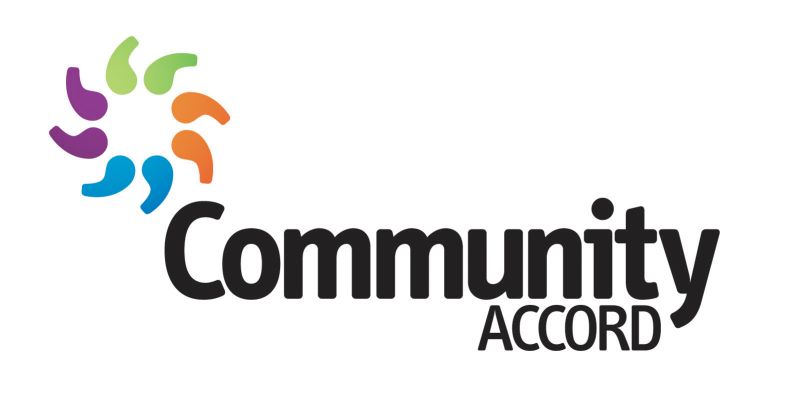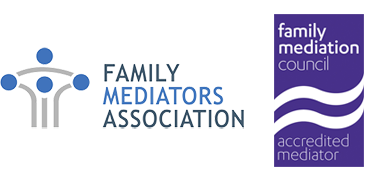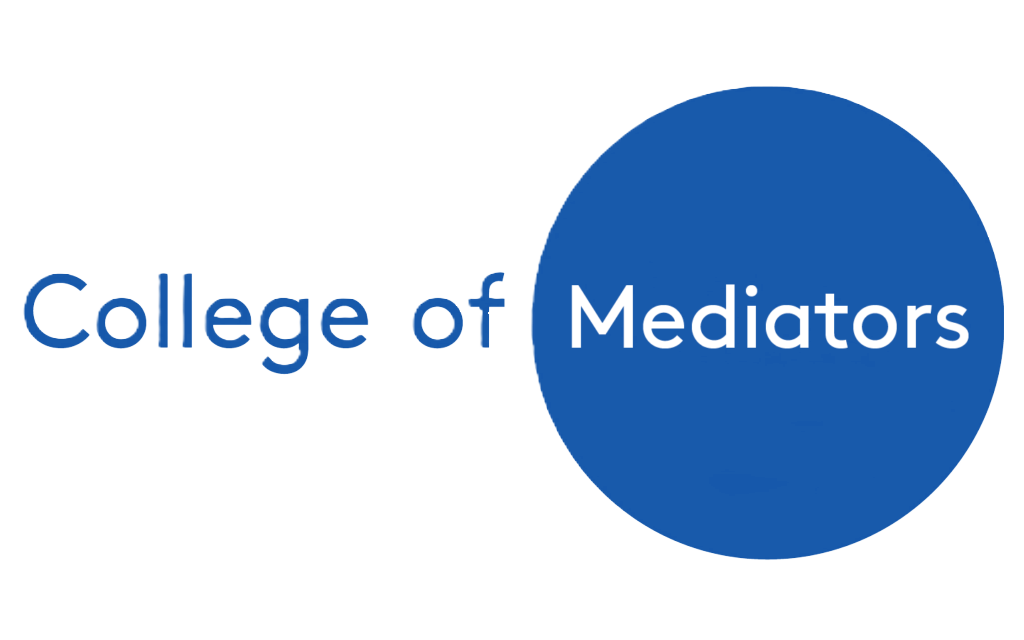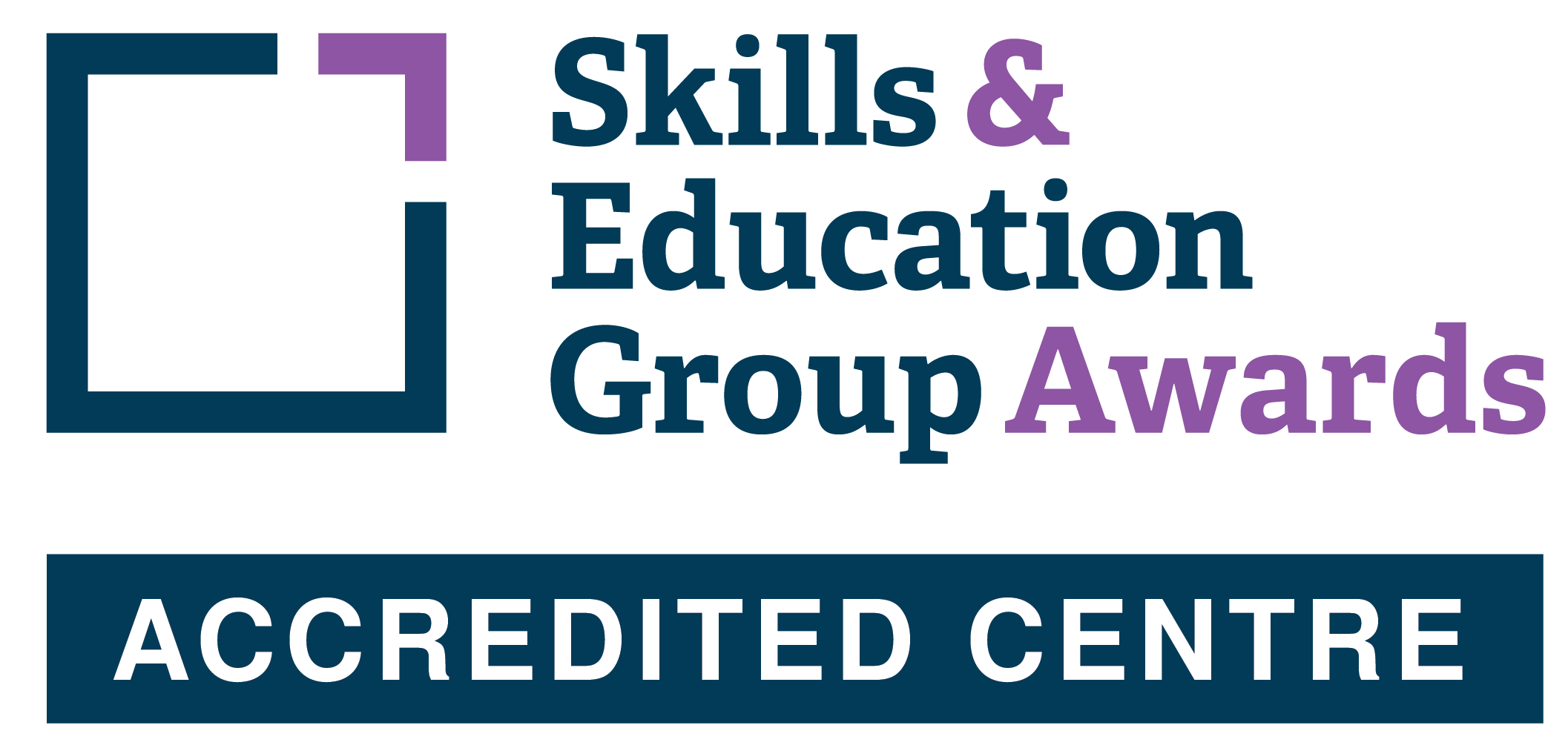The Mediation Session
Mediation provides a chance for parties to openly and honestly discuss disagreements and collaboratively find solutions. Our role, as impartial mediators, is to facilitate this conversation. A joint mediation session should be held within 30 days of the mediator informing your local authority that mediation has been requested.
Mediator’s Aims:
- Ensure Understanding: Facilitate open communication, allowing each party to fully express their situation, perspective, and needs.
- Explore Solutions: Help parties find common ground and explore solutions benefiting the child or young person’s needs.
Attendees
To maximise resolution chances, we’ll discuss who should attend – this might be just the parent/young person and local authority officer, or could include others like a school or health provider. Young people aged 15-25 have specific rights and involvement in the process. You may have a family member or friend support you in mediation. All attendees and their roles are agreed with the parties beforehand.
Virtual or Face-to-Face
Mediation is usually held virtually, via Teams. Requests can be made for a face-to-face mediation and if this is agreeable with both parties, the mediator will arrange this. A face-to-face mediation is usually held in the school or a mutually agreed, comfortable, and neutral location, such as a community or children’s centre.
Preparation
Parents and young people can access a preparation sheet to help them consider key points before the session. They can also discuss how to prepare for the mediation session with their mediator(Click here).
During the Session
Typically lasting around two hours, the session follows a clear structure:
- Introduction: The mediator clarifies the process.
- Information Gathering: Each party, and any attending professionals, receive dedicated time to present their concerns without interruption. This allows everyone to fully explain the child or young person’s needs and express any concerns for the local authority representative’s consideration. This initial stage allows for a thorough understanding of the situation from all perspectives, which is crucial for identifying key issues and building a foundation for effective dispute resolution.
- Agenda: If required, issues needing discussion are clarified.
- Exploring Options: Issues are discussed, ensuring everyone is heard, before moving to explore and find solutions.
- Agreement: Where agreement is reached, the mediator documents it and circulates it after the meeting.
Post-Mediation
After your mediation, you’ll receive a Mediation Certificate and the agreement/outcome document within three working days. This certificate enables you to register an appeal with the Tribunal Service if the decision hasn’t been overturned or if issues remain partially resolved.






